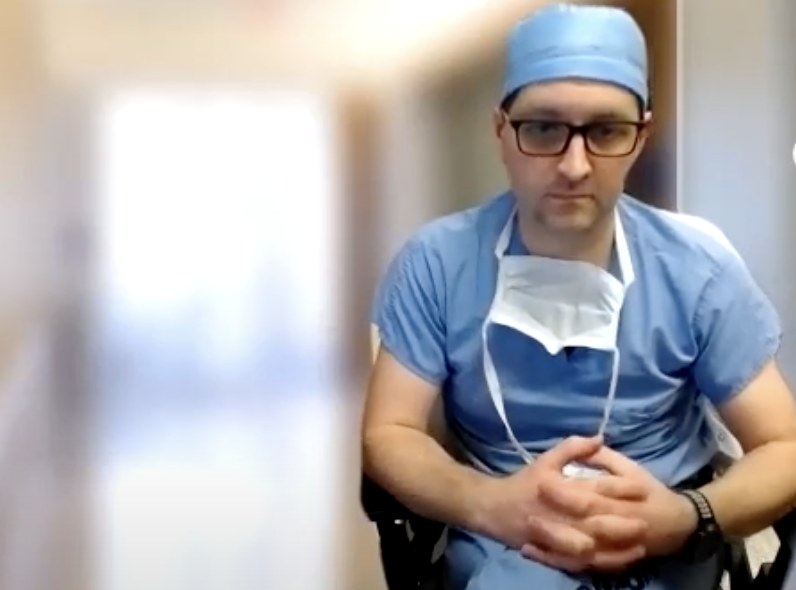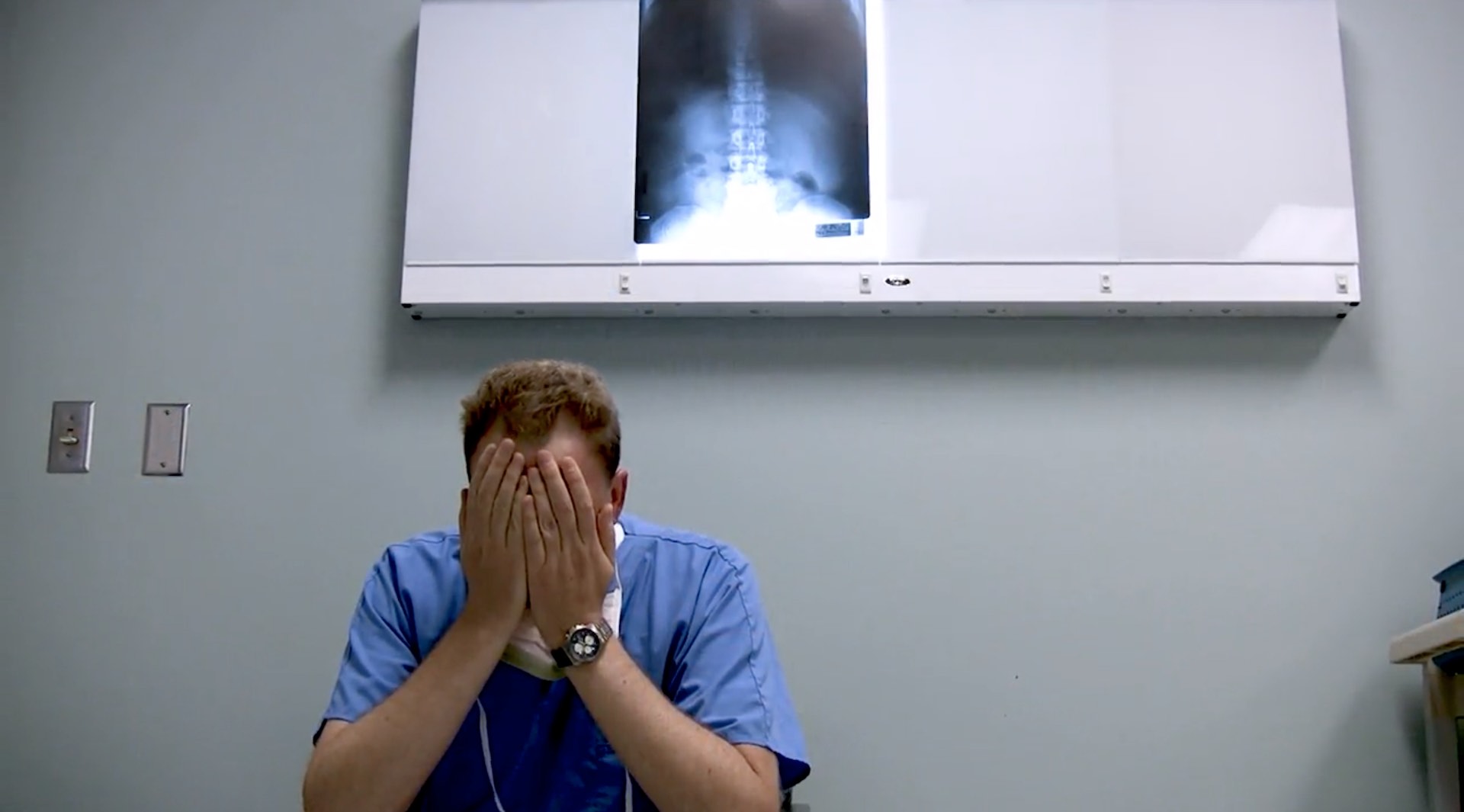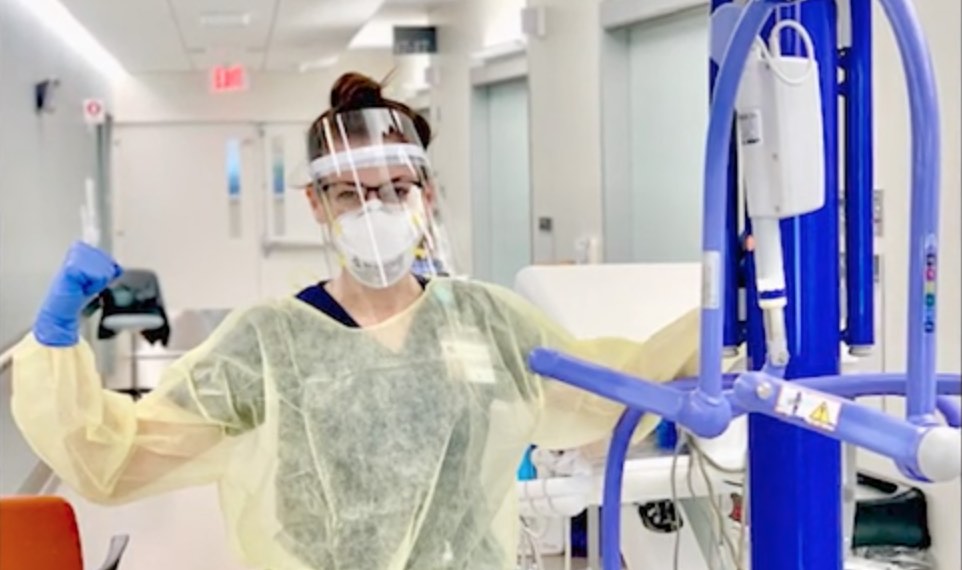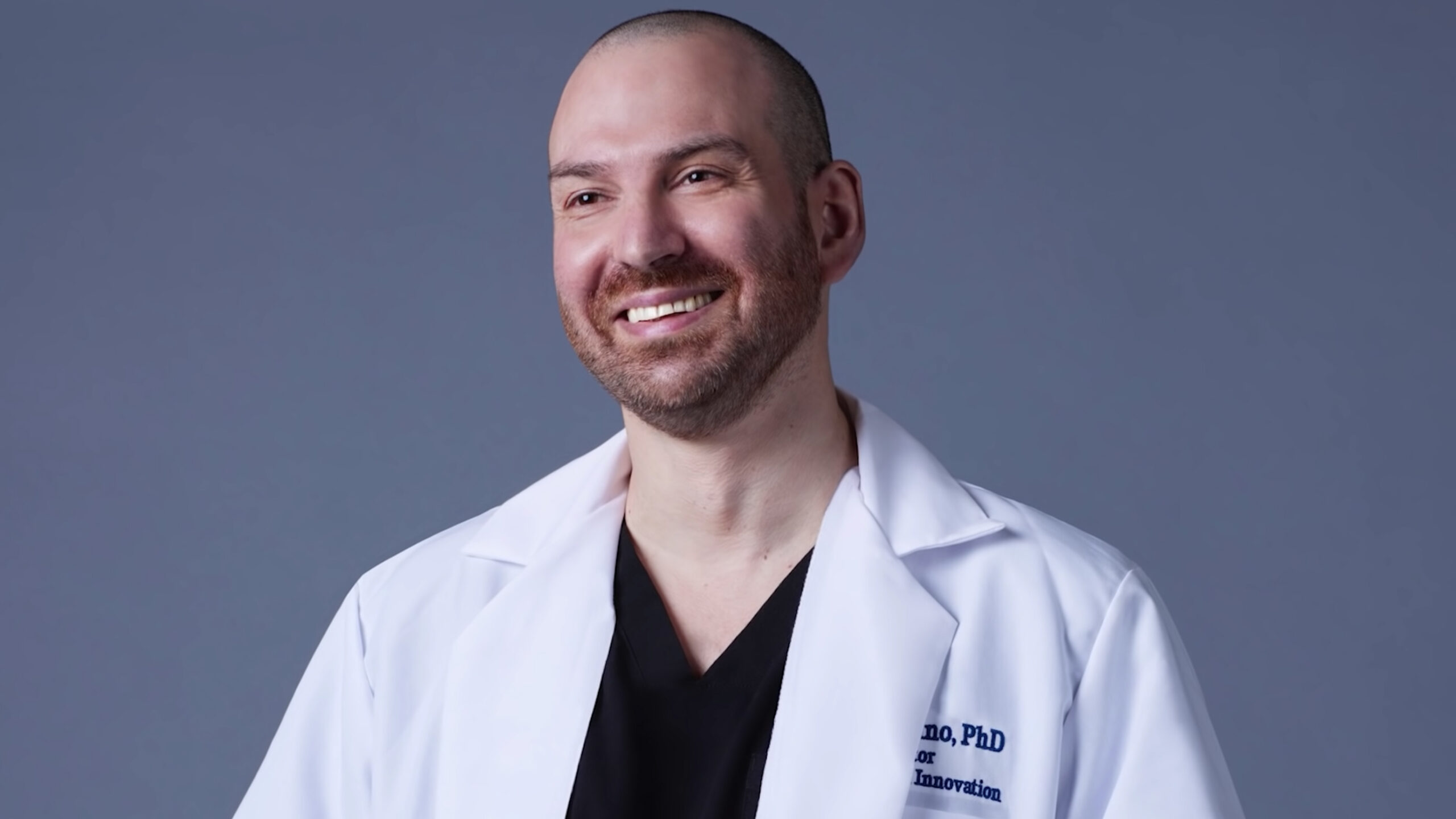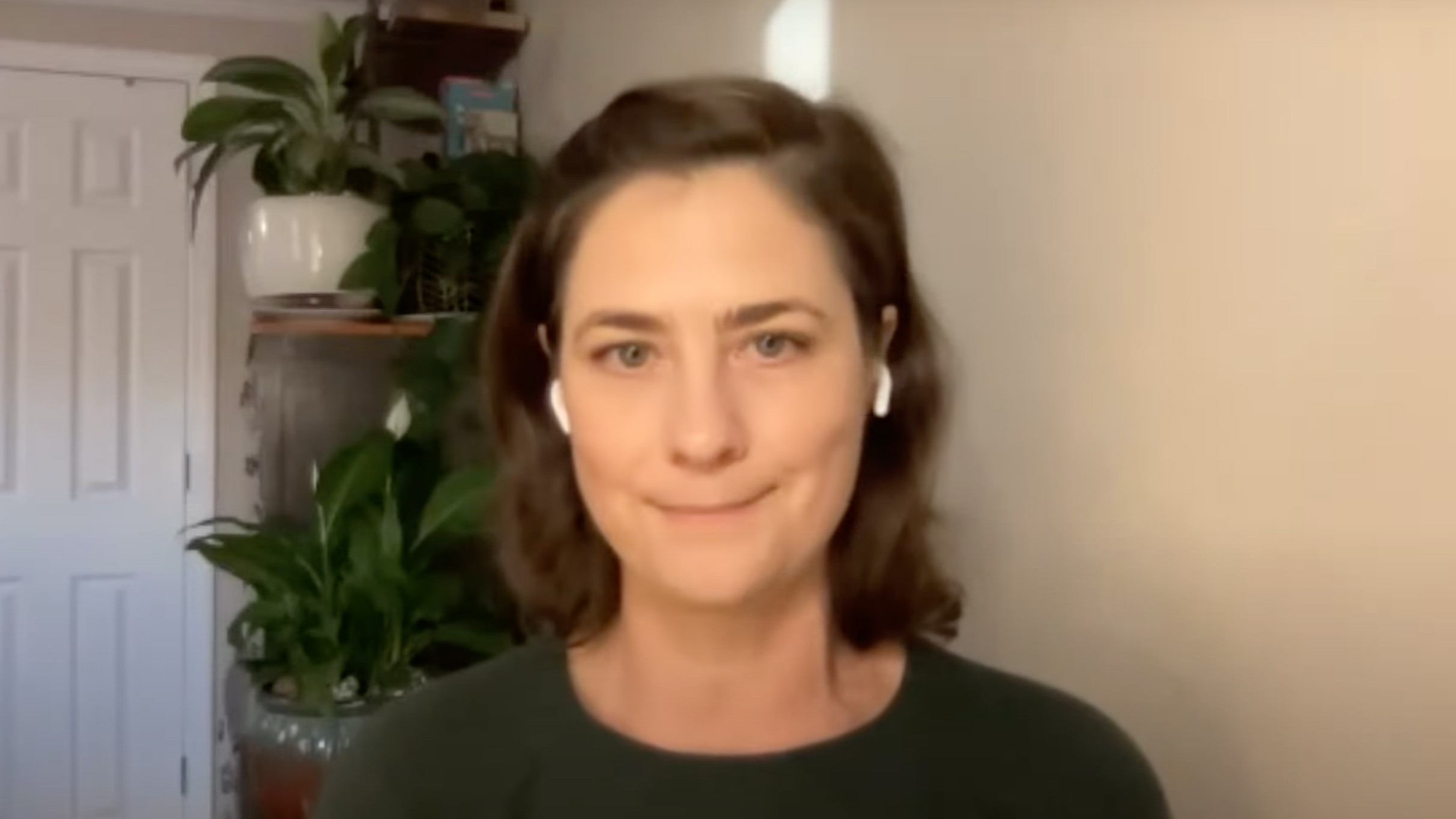NEW YORK (Reuters Health) – Selective head cooling combined with mild systemic hypothermia has a significant brain-protective effect in babies with neonatal hypoxic-ischemic encephalopathy (HIE), researchers in China report.
In a randomized trial, Dr. Xiao-mei Shao from the Children’s Hospital of Fudan University in Shanghai and associates found that affected newborns whose heads were cooled to a temperature of 34 degrees C for 72 hours were about a third less likely than conventionally treated newborns to die or be severely disabled by age 18 months.
Multiple trials have demonstrated benefits of mild hypothermia for HIE. (See Reuters Health stories of February 22, 2010 and November 10, 2009.)
The research by Dr. Shao’s team differs in that they used a cooling cap, with temperature controlled by a water circulation cooling device attached to a nasopharyngeal probe. The probe was set to maintain a nasopharyngeal temperature of 34 degrees C. Infants were nursed under a radiant warmer adjusted to keep rectal temperature at 34.5-35 degrees C. Spontaneous rewarming was started after 72 hours.
Rectal temperature in the control group was kept at about 36 – 37.5 degrees C.
As reported online May 20th in the Journal of Pediatrics, the authors enrolled 256 newborns born with at least 37 weeks of gestation and weighing 2500 g or more, admitted to for intensive care within 6 hours of birth with clinical evidence of exposure to perinatal hypoxia-ischemia or a diagnosis of encephalopathy. The researchers had 18-month follow-up data on 100 babies in the head cooling group and 94 in the control group.
Rates of the combined outcome of death or severe disability were 31% in the hypothermia group and 49% in the control group (odds ratio 0.47, p = 0.01). Rates of severe disability were 14% and 28%, respectively (OR 0.40, p = 0.03).
There was a trend toward lower mortality in the hypothermia group (20% vs 29%, OR 0.62, p = 0.16). Most deaths occurred in the first week of life and were due primarily to encephalopathy, respiratory failure, kidney failure, and hemorrhage.
Babies with moderate hypoxic-ischemic encephalopathy appeared to benefit the most from head cooling, the authors said. There was no risk of death or major disability among patients with mild encephalopathy in either group, while there was a trend toward significant benefit among infants with the most severe disease.
The authors report no significant adverse events due to hypothermia therapy.
“Selective head cooling combined with mild systemic hypothermia for 72 hours can decrease death or severe disability among infants with moderate or severe HIE,” Dr. Shao and associates conclude.
Reference:
http://www.jpeds.com/article/S0022-3476(10)00284-2/abstract
J Pediatr 2010.

